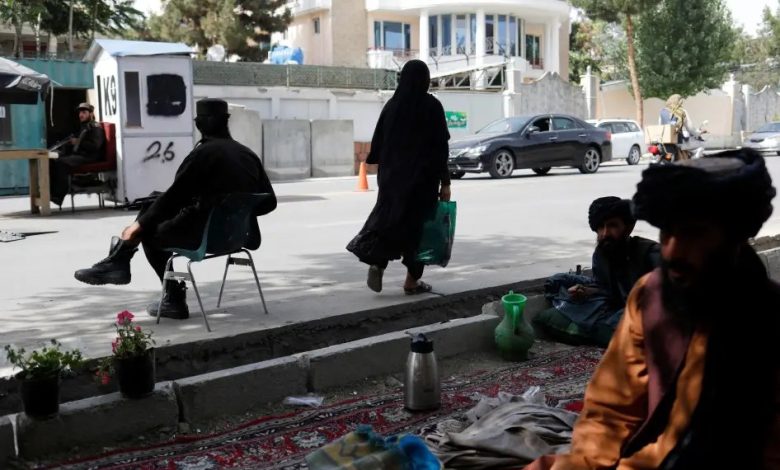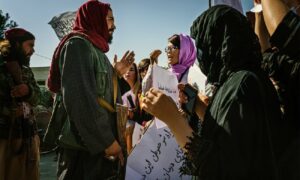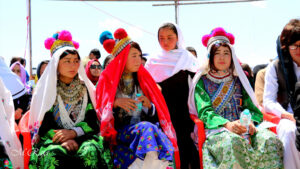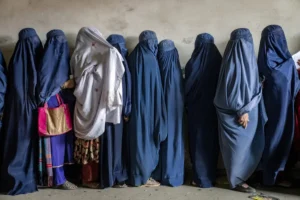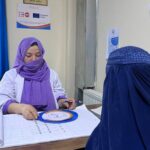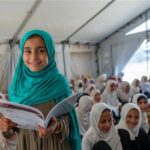Richard Bennett, the UN Human Rights Council’s Special Rapporteur on Afghanistan, has warned that the human rights situation in Afghanistan, particularly for women and girls, continues to deteriorate, and the international community must not remain indifferent to it.
In an article published on its website, the UN Human Rights Council stated that Mr. Bennett has called on countries to establish a comprehensive and independent mechanism for documenting, legally pursuing, and supporting justice for victims of human rights violations, especially gender-based violence.
The report, which is set to be reviewed at the UN Human Rights Council meeting in Geneva next week, emphasizes that women and girls in Afghanistan face “systematic and multilayered discrimination.”
The report focuses on issues such as the ban on education, work restrictions, limitations on movement and social participation, as well as the use of judicial institutions to suppress women.
In his report, Richard Bennett noted that the current judicial system in Afghanistan has become a tool for silencing women’s voices rather than protecting their rights. In many cases, women who are victims of violence not only receive no support but also face punishment.
The Human Rights Council’s rapporteur has called for the establishment of an international accountability mechanism that can document evidence of human rights violations, including “gender crimes,” and create cases for the legal prosecution of perpetrators. According to Bennett, this action could assist judicial processes in the International Criminal Court (ICC), the International Court of Justice (ICJ), and countries with universal jurisdiction.
This report is presented to the Human Rights Council at a time when women and girls have been deprived of their rights for nearly four years.
While this organization criticizes the restrictions on Afghan women, it has been over 900 days since the caretaker government closed the doors of private and public universities to girls in the country. Additionally, schools have also been closed to girls above the sixth grade.
This action by the current government has left millions of female students without access to education.
Furthermore, women are prohibited from going to sports clubs, restaurants, public baths, being examined by male doctors, traveling without a male guardian, and working in domestic and international NGOs, as well as even in UN offices in Afghanistan.
Amidst this situation, activities such as handicrafts, sewing, and limited home-based work remain some of the few options available to them.
UNICEF and several international organizations are striving to create opportunities for empowering women and girls in Afghanistan through these limited avenues.

